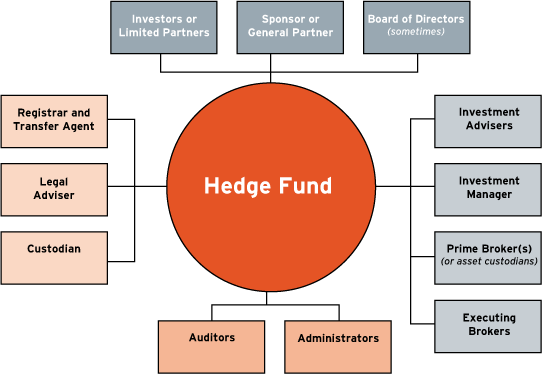
This is the web version of The Ledger, Fortune’s weekly newsletter covering financial technology and cryptocurrency. Sign up here to get it free in your inbox.
Fortune released its latest magazine issue this week, which features our 2020 list of companies who are changing the world. No. 3 on the list is fintech powerhouse PayPal, which has excelled during the coronavirus pandemic, seeing a jump in digital payments and leading the way on electronic stimulus payments, processing PPP loans, and addressing racial inequality.
On the latter subject, PayPal announced in June that it would commit more than $500 million to Black businesses and communities—one of the biggest corporate announcements of its kind. In August, it showed us more of what that would look like, starting with a $50 million deposit to Black-owned Optus Bank; PayPal now says most of the $500 million will be in the form of bank deposits, which will shift from traditional financial institutions to those that serve Black and other minority communities.
Indeed, it’s a trend I wrote about in a new feature story in our October issue, “Making Black Banks Matter.” PayPal, in its “Bank Black” strategy, has since been joined by Netflix, Costco, Biogen and Mastercard.
But I learned something interesting in the course of reporting this story: While the idea of shifting bank deposits to Black-owned banks as a method of corporate activism seems to have arisen this spring following the police killing of George Floyd—and the social justice protests it sparked—it’s not a brand new innovation.
Microsoft, it turns out, has held some of its cash in a Black-owned bank since 2005, according to a person close to the company: In the wake of Hurricane Katrina that year, Microsoft quietly made its first deposit to Liberty Bank and Trust, a Black-owned bank based in New Orleans, and continues to store money there.
While Microsoft would not confirm how much it keeps in the NOLA bank, the cash-rich company may well have helped effect an upset in the rankings of Black-owned banks this year. In the second quarter of 2020, Liberty Bank and Trust became the biggest Black-owned bank by assets, surpassing OneUnited Bank, which had long held the top spot.

Liberty Bank has lately undergone an extraordinary sea change in its scale: In the three months between March and June, its deposits increased by more than $101 million, or 19%; deposits were up more than $120 million for the first half of 2020. As Liberty’s CEO Alden McDonald Jr.—who has held that role since the bank was founded in 1972—told me, “This is five years of growth in six months.”
***
As many of my colleagues know, I’ve taken the opportunity of working remote this summer to do many of my Zoom meetings outdoors, weather permitting. It turns out, Bridgewater Associates, the world’s largest hedge fund with $140 billion in assets, has taken that setup to a new level: Since May—in light of the coronavirus and the dangers of office work—many of the hedge fund’s employees have been working from tents in the woods outside Bridgewater’s Connecticut headquarters.
Bridgewater has struggled this year with a bout of poor performance as well as a gender discrimination lawsuit and complaints over pay. But perhaps working out among the trees and the birds can help at least distract from those problems, if not fully alleviate them. Here’s an excerpt from a piece I wrote about it for Fortune’s new issue:
If the bucolic scene has some of the look of a campground, it also has much of the feel. Bridgewater staff have learned to protect their chairs from falling tree sap, and replaced their screens and webcams with weather-resistant versions after the original ones failed within a couple of weeks of outdoor exposure. The firm even solved for its new feathered neighbors’ chirping on video calls, deploying noise-canceling software Krisp—which also helps those with kids and barking dogs at home. (“I hear a lot of birds; you don’t hear any of them,” Bar Dea explains via Zoom, in a t-shirt and bare feet, having kicked off his flip flops.)
And with that, happy second official day of fall.
Jen Wieczner
@jenwieczner
jen.wieczner@fortune.com



